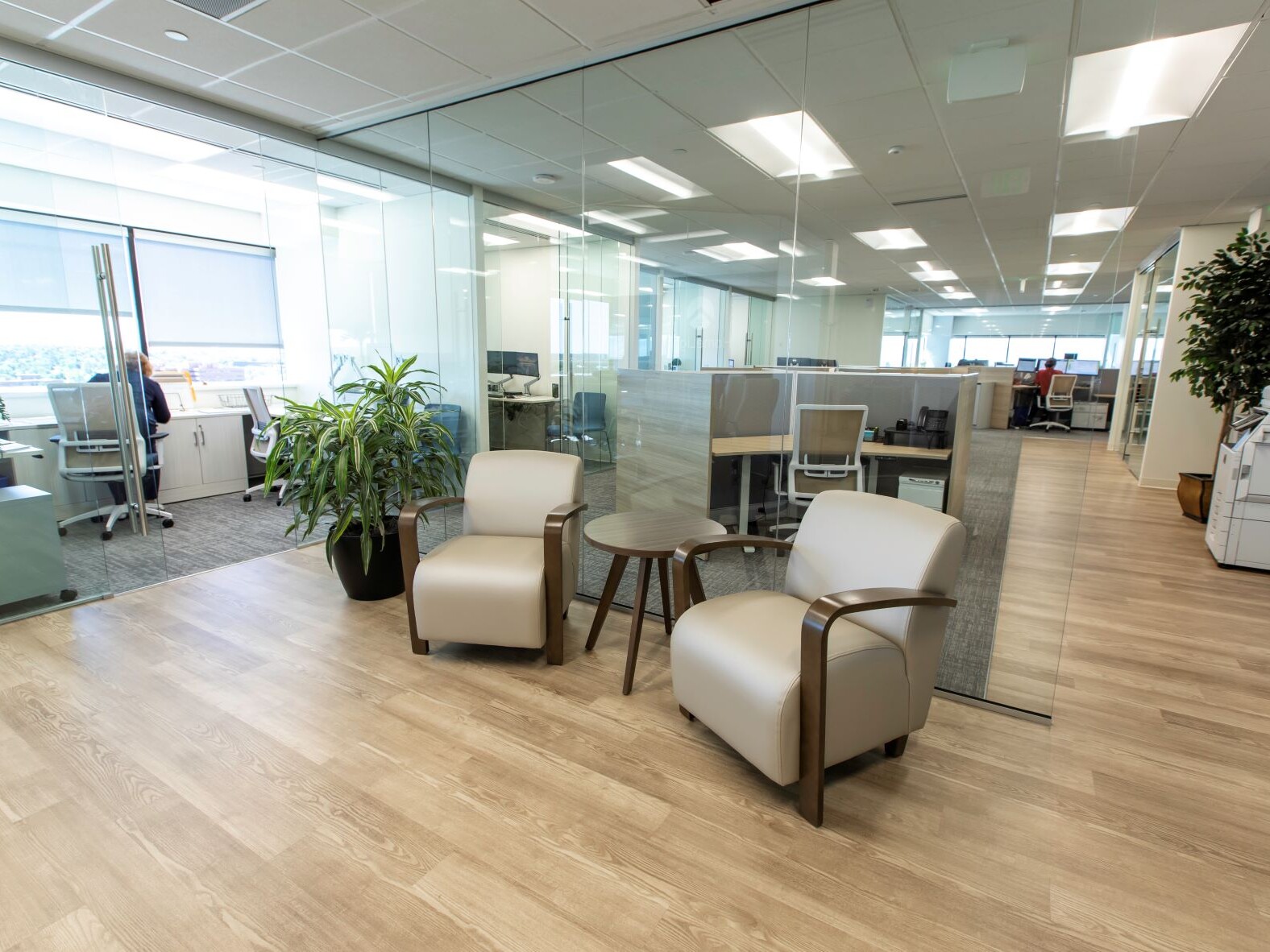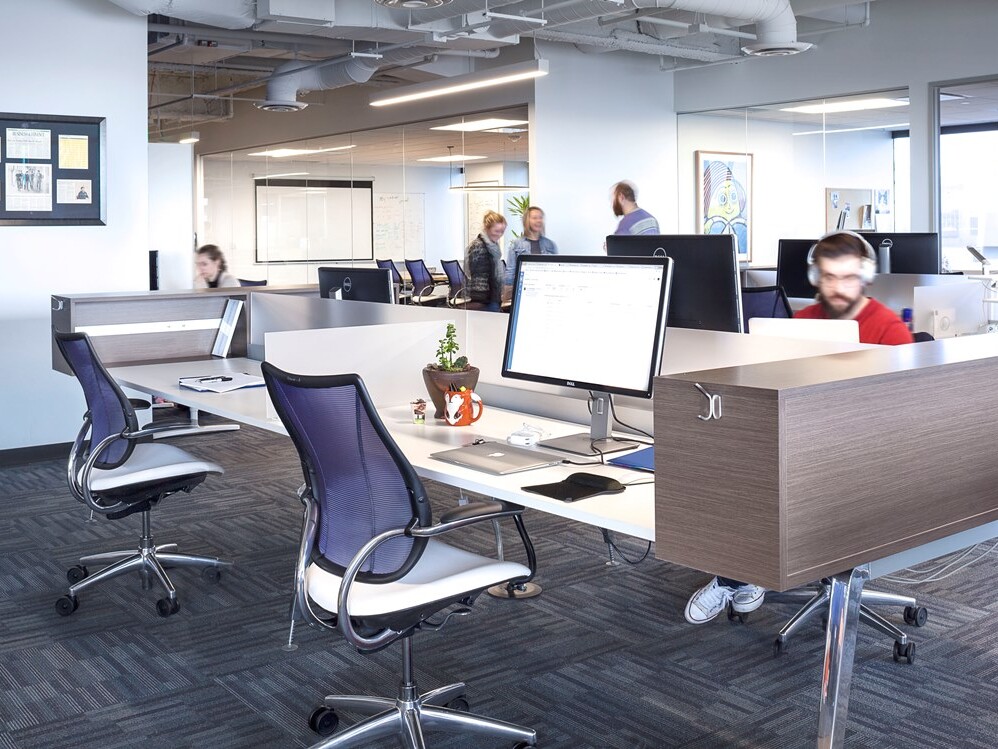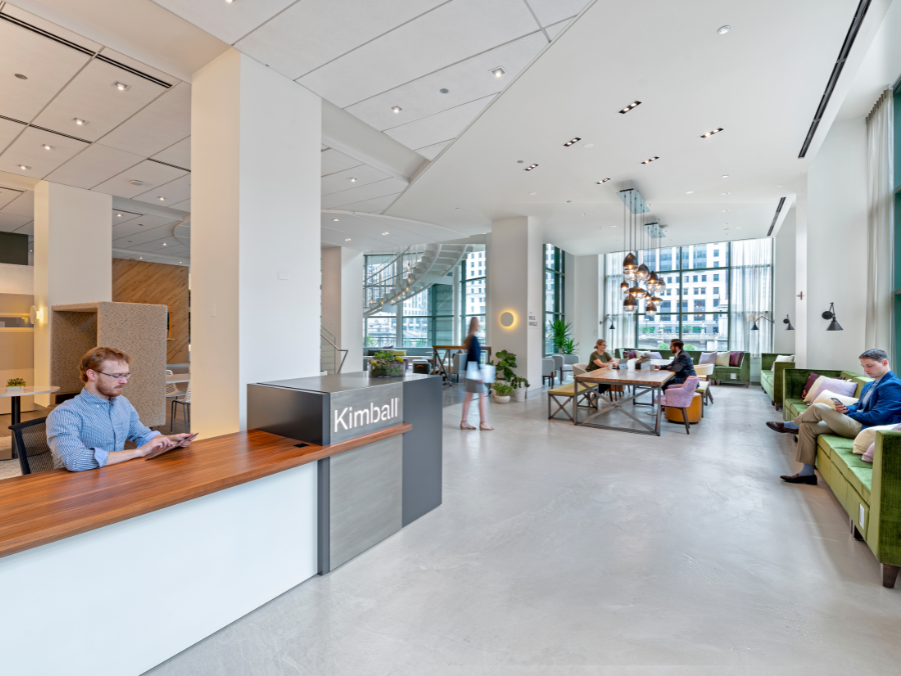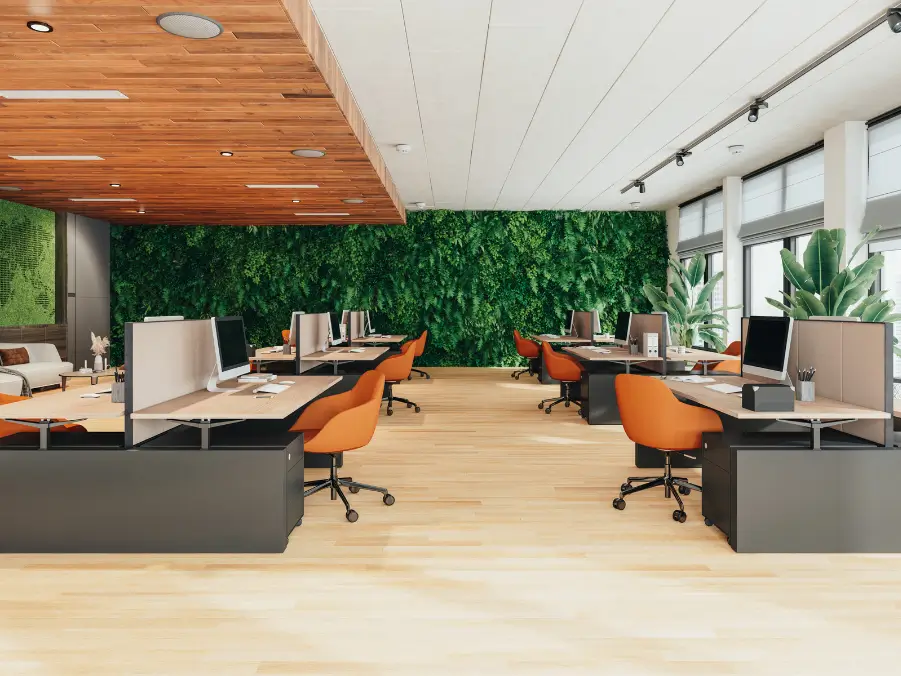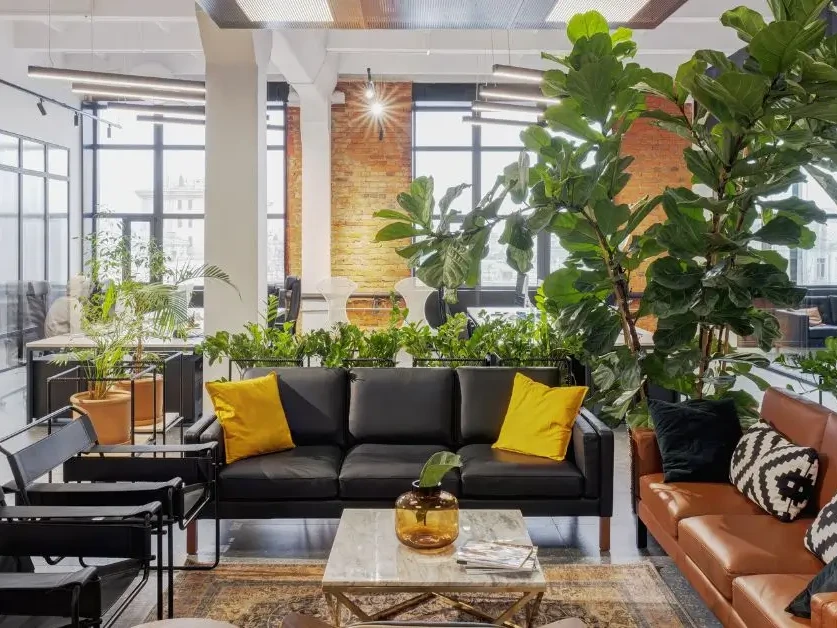Businesses today are judged not only by the services and products they provide; they are also critiqued through a social lens and expected to contribute positively to the global community. It’s important that companies operate in a way that not only helps them grow, but also fosters a sustainable environment for their employees, the community, and the earth.
Becoming LEED (Leadership in Energy and Environmental Design) certified is a valuable step in decreasing a company’s footprint and communicating its ecological profile to the outside world. Here are other benefits that LEED certification offers businesses:
What is LEED Certification?
LEED certification is an internationally recognized building certification that promotes and classifies design, construction, and operation of green, energy-friendly buildings. LEED offers an array of ratings that judge a building or neighborhood on multiple platforms. These distinctive designations include Building Design and Construction (BD +C), Interior Design and Construction (ID +C), Operations and Management (O+M), and Neighborhood Development (ND).
The LEED rating system scores buildings on points earned by prerequisites and credits. Depending on the overall score, the company may earn a designation of certified, silver, gold, or platinum. Buildings and neighborhoods must have certain prerequisites to reach the base level “certified”, but can implement additional elements, like sustainable office furniture, bike racks, and energy-efficient interior lighting that earn them points (aka credits) toward higher-level titles.
Applying for LEED certification
The first step in the LEED certification process requires that businesses register their project by completing required documents and submitting payment. Next, they must consider which aspects of their current operation meet LEED requirements, and which elements require upgrading. Then, companies can proceed with making interior and exterior renovations where applicable.
Some of these requirements include minimum indoor air quality performance, storage and collection of recyclables, minimum energy performance, and more. Once the business meets the LEED minimum standards, companies can begin earning points toward a higher-level LEED certification. Here’s the complete list of prerequisites and credits for all of the varying LEED classifications.
Importance to Business Owners
As the global population continues to swell, our overall strain on the earth’s natural resources will also increase. LEED certification offers businesses a way to partake in conservation and sustainability. It also communicates to the public, and potential clients, that a company is doing its part to tread lightly and leave as small of a footprint as possible.
LEED extends beyond environmental help because it also encourages businesses to provide healthy work spaces for their employees; LEED certified office interiors promote mental and physical health of the people working within.
Environments Denver knows how important it is to design an office space with functional, sustainable products that encourage productivity and use minimal natural resources, energy, and waste. We help companies obtain furniture, hardware, and furnishings that will earn points toward LEED certification and improve the aesthetic of any office space. Contact us today to learn more about sustainable office furniture that will assist your company in earning its LEED certification.
